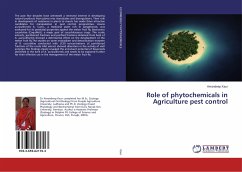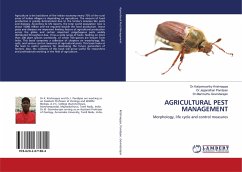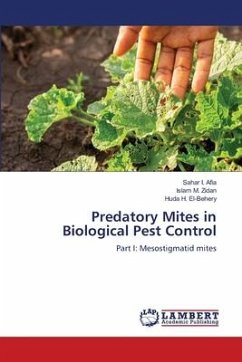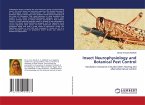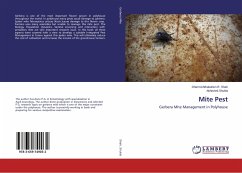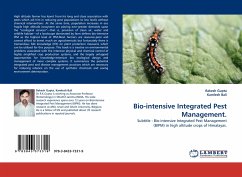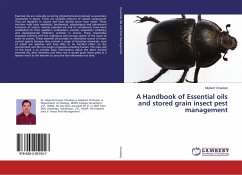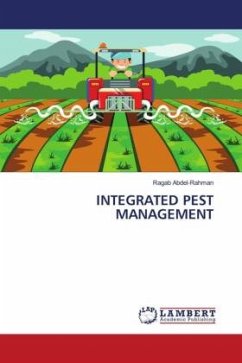The past few decades have witnessed a renewed interest in developing natural products from plants into insecticides and bioregulators. Their role in development of resistance in plants to insects has made them attractive candidates for manipulation in pest control programmes. Acacia auriculiformis A. Cunn., a medicinal plant rich in polyphenols, was evaluated for its pesticidal properties against the melon fruit fly, Bactrocera cucurbitae (Coquillett), a major pest of cucurbitaceous crops. The crude extracts, partitioned fractions and purified fractions obtained from bark of A. auriculiformis showed a detrimental effect on the development of the melon fruit fly.The studies on some antioxidant and detoxification enzymes of B. cucurbitae conducted with LC50 concentrations of partitioned fractions of the crude AAE extract showed alteration in the activity of viatl enzymes.The findings clearly revealed the anti-insect potential of flavonoids identified in the bark of A. auriculiformis and needs to be explored further for their effective use in the management of the melon fruit fly.

